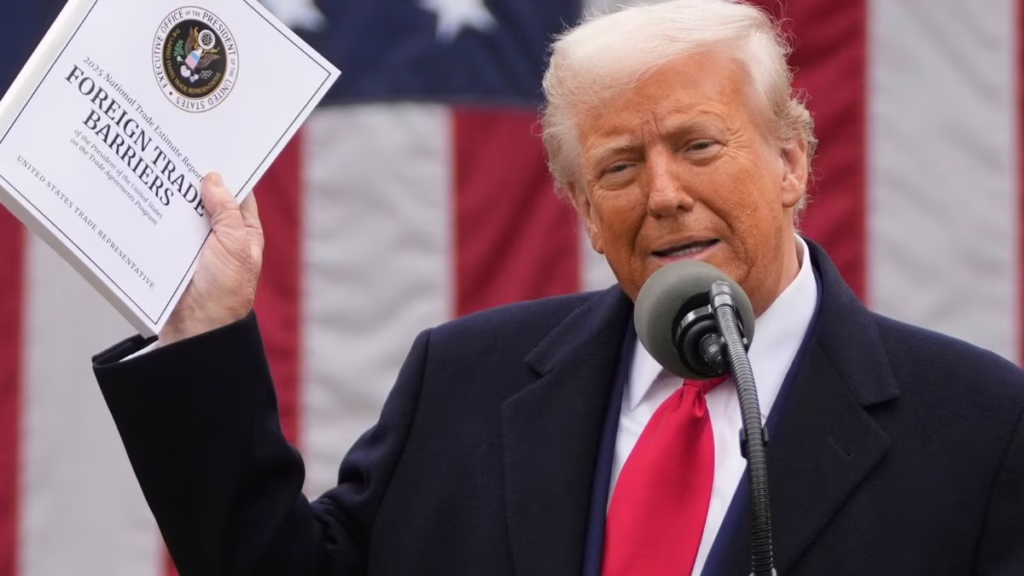Gulf countries chemical and nuclear preparedness is gaining urgency as regional tensions and global security risks grow. Leaders across the Gulf are implementing extensive plans to defend their people and infrastructure from potential chemical or nuclear threats. While the region has long faced geopolitical challenges, the current focus on preparedness highlights the seriousness with which governments are addressing emerging dangers. From military upgrades to civil defense drills, Gulf states are working to create a strong shield against these high-risk scenarios.
Understanding why this preparedness is necessary requires looking at the broader geopolitical landscape, the potential risks, and the steps being taken to mitigate them.
The threat landscape in the Gulf
The Gulf has always been a strategic hub, with its energy resources, global trade routes, and geopolitical significance drawing both cooperation and conflict. Recent years have seen heightened tensions, particularly between Iran and its neighbors, alongside concerns over the use of weapons of mass destruction. With ongoing instability in nearby conflict zones and the risk of unconventional attacks, Gulf countries cannot afford to be complacent.
Regional leaders believe that even if the probability of a chemical or nuclear incident remains low, the potential impact is so severe that preparation is essential. This includes not only military readiness but also protecting civilians, critical industries, and the environment.
Investments in defense infrastructure
To enhance chemical and nuclear preparedness, Gulf countries are investing heavily in defense infrastructure. Advanced missile defense systems, radiation detection networks, and specialized military units are being established. Saudi Arabia and the United Arab Emirates have significantly upgraded their air defense systems, integrating advanced technology from Western allies.
Kuwait and Qatar are also strengthening their response capabilities by collaborating with international partners to enhance training and acquire protective equipment. These efforts are designed not only to deter potential aggressors but also to ensure swift action if a threat materializes.
Civil defense and public awareness
Preparedness is not only a military matter; civil defense plays a central role. Governments in the Gulf are launching nationwide programs to educate citizens about emergency responses. Public awareness campaigns explain how people should act in case of chemical exposure, radiation leaks, or nuclear fallout.
Emergency drills are being conducted in schools, hospitals, and government buildings. For example, Bahrain has introduced citywide simulations involving first responders, while Oman has trained healthcare workers on managing mass casualties from chemical incidents. These initiatives aim to build public resilience and reduce panic in crisis situations.
International cooperation
No country can handle chemical or nuclear threats alone, and Gulf states recognize the importance of international cooperation. They are working closely with the International Atomic Energy Agency (IAEA), NATO partners, and the United States to develop technical expertise and strengthen monitoring systems.
Joint military exercises between Gulf countries and their Western allies often include scenarios involving chemical or nuclear attacks. Such exercises help improve coordination, communication, and rapid deployment capabilities. At the same time, Gulf states are investing in advanced technology, such as AI-driven monitoring systems, to detect suspicious activity in real time.
Balancing security and diplomacy
While Gulf countries prepare for worst-case scenarios, they also recognize that diplomacy is critical in preventing conflict. Ongoing dialogue with regional and international powers aims to reduce tensions and prevent escalation. The Gulf Cooperation Council (GCC) continues to emphasize collective security and peaceful conflict resolution, even as member states build their defensive capabilities.
Balancing deterrence with diplomacy allows Gulf countries to project strength while maintaining their role as hubs for trade, investment, and international cooperation.

Economic implications of preparedness
Investing in chemical and nuclear preparedness also has economic dimensions. The Gulf’s energy infrastructure, including oil refineries, pipelines, and export facilities, represents a prime target in case of attack. Protecting these assets is essential not only for national security but also for global energy stability.
Insurance companies, investors, and multinational corporations operating in the Gulf closely monitor the region’s risk preparedness. By demonstrating strong readiness, Gulf states reassure international stakeholders and maintain their attractiveness as safe and stable destinations for business.
Healthcare readiness and environmental safety
Another key component of preparedness involves healthcare and environmental protection. Hospitals across the Gulf are being equipped with specialized facilities to handle chemical or radiation-related emergencies. Medical staff are receiving training in advanced treatment protocols, and stockpiles of antidotes, protective gear, and radiation medicine are being built.
Environmental agencies are also upgrading their capabilities to monitor air, water, and soil contamination. Quick response units can isolate affected areas to prevent further damage and protect citizens. This holistic approach reflects the Gulf’s commitment to safeguarding not just people but also ecosystems that are vital to long-term sustainability.
Public perception and confidence
One of the challenges Gulf governments face is managing public perception. Citizens often feel anxious when they hear about chemical or nuclear threats. Transparent communication, combined with visible preparation efforts, is essential for building public trust.
By conducting open drills, sharing emergency plans, and showing clear investment in safety, Gulf states are strengthening public confidence. This confidence is critical, as panic or misinformation can be as damaging as the threat itself.
Looking ahead
Gulf countries chemical and nuclear preparedness will likely continue to grow in importance over the coming years. As new technologies emerge, so will new risks. The rapid pace of global geopolitics means that Gulf states must remain adaptive and forward-looking.
The long-term vision is not only about responding to threats but also about preventing them. By combining strong defense systems, civil preparedness, healthcare readiness, and diplomatic engagement, the Gulf is building a comprehensive shield for its people and its future.
Conclusion
Gulf countries chemical and nuclear preparedness is no longer a theoretical concern but a practical necessity. With their strategic importance, vast resources, and growing global influence, Gulf states cannot take risks lightly. Their investments in defense, civil safety, and international partnerships show a commitment to protecting citizens and ensuring regional stability.
As tensions shift in the Middle East and beyond, these preparedness measures will remain a cornerstone of Gulf security. The goal is clear: to protect lives, safeguard economies, and preserve stability in one of the world’s most vital regions.
Read More: UAE Desert Safaris: Shocking Summer Changes You Must Know



